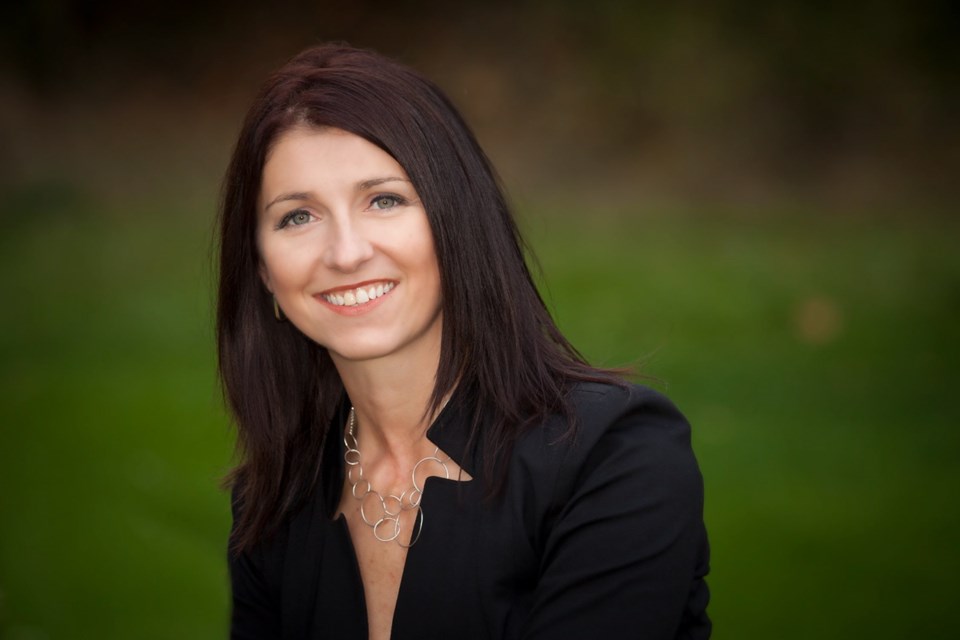Reducing ferry fares and moving government offices outside Victoria were among the tactics six B.C. Liberal leadership hopefuls put forward, in a debate focused on Vancouver Island priorities.
The third Liberal leadership debate, hosted in Nanaimo on Sunday, opened with an acknowledgment of the steep hill the party has to climb on the Island, where it holds only one of 14 seats.
Vancouver Island is a traditional NDP stronghold, and also where the Green Party won its three seats in the May election.
“I am so excited that we get to host this leadership debate right here in Nanaimo, the central Island. Being the only B.C. Liberal on the Island, it’s nice to have it in my backyard,” Parksville-Qualicum MLA Michelle Stilwell said.
The candidates — Dianne Watts, Mike de Jong, Sam Sullivan, Todd Stone, Michael Lee and Andrew Wilkinson — fielded questions about the environment, economy and education.
Island transportation challenges dominated a large part of the debate, with candidates pitching changes to B.C. Ferries’ fare structures and improvements to the Malahat.
Former transportation minister Todd Stone said that B.C. Ferries is now sustainable, so fare cuts are possible.
“I would cancel reservation fees for coastal residents, I would ensure free ferry service for sports teams and school groups and I would look at how we can begin to bring fares down across the entire system for all coastal residents,” Stone said.
Wilkinson called for a long-term plan to improve the Colwood Crawl and Malahat, while Lee highlighted Highway 4 as a priority.
Watts said B.C. Ferries is an extension of the highway system and should be treated as such with fare reductions.
Asked how they would spread wealth beyond Greater Victoria, to the north and central Island, many candidates focused on increasing access to wood fibre for the forestry industry.
Abbotsford West MLA de Jong pitched building a deep-sea port in Port Alberni as part of an expansion of the Asia-Pacific partnership, as well as re-thinking Victoria as the hub of the Island.
“Where is it written, in this age of technology, that government must all be located in Victoria? Is it that revolutionary to at least consider the possibility that the B.C. Ferries Corporation could be headquartered in Nanaimo? We can do it with various departments of government and we can decentralize government,” said de Jong, also a former Liberal cabinet minister.
De Jong left the debate early to attend the funeral for slain Abbotsford Police Const. John Davidson.
For Sullivan, MLA for Vancouver-False Creek and former mayor of Vancouver, stimulating the growth of the tech sector on the central Island could have the dual benefit of bolstering the economy and winning voters back from the Green Party. Sullivan said the Green Party consists of “old hippies” and “young techies” and the Liberal Party lost young techie voters in the election.
“This is a great place for a tech hub,” Sullivan said.
Wilkinson, Vancouver-Quilchena MLA and former Liberal cabinet minister, said the province needs to establish a reputation as having the highest possible environmental standards.
“We can do that with things like, on Vancouver Island, making sure we have the right wastewater facilities. Get the toxins out of the water, get those plastic microbeads in your shampoo out of the water, because we need to pass on an environment on Vancouver Island that is better than what we found,” he said.
Lee, MLA for Vancouver-Langara, said the province should stimulate the growth of the fish farming industry — which has been the centre of controversy and protests recently because of concerns that the ocean-based farms spread parasites and disease to threatened wild stocks.
“Seventy per cent of salmon stocks in the world are produced by farmed fish. We can do that best here as well. Norway and other countries around the world have done that and we should do the same here,” Lee said.
Both Watts and Lee pointed to the party’s failure to convince Island voters that it had its heart in the right place.
“It doesn’t matter who people voted for, 800,000 people matter. We have to make sure we have a meaningful agenda going forward and that we connect with the people on this Island,” said Watts, a Conservative MP and former Surrey mayor.
There are three more debates scheduled before the leader is elected Feb. 3.



